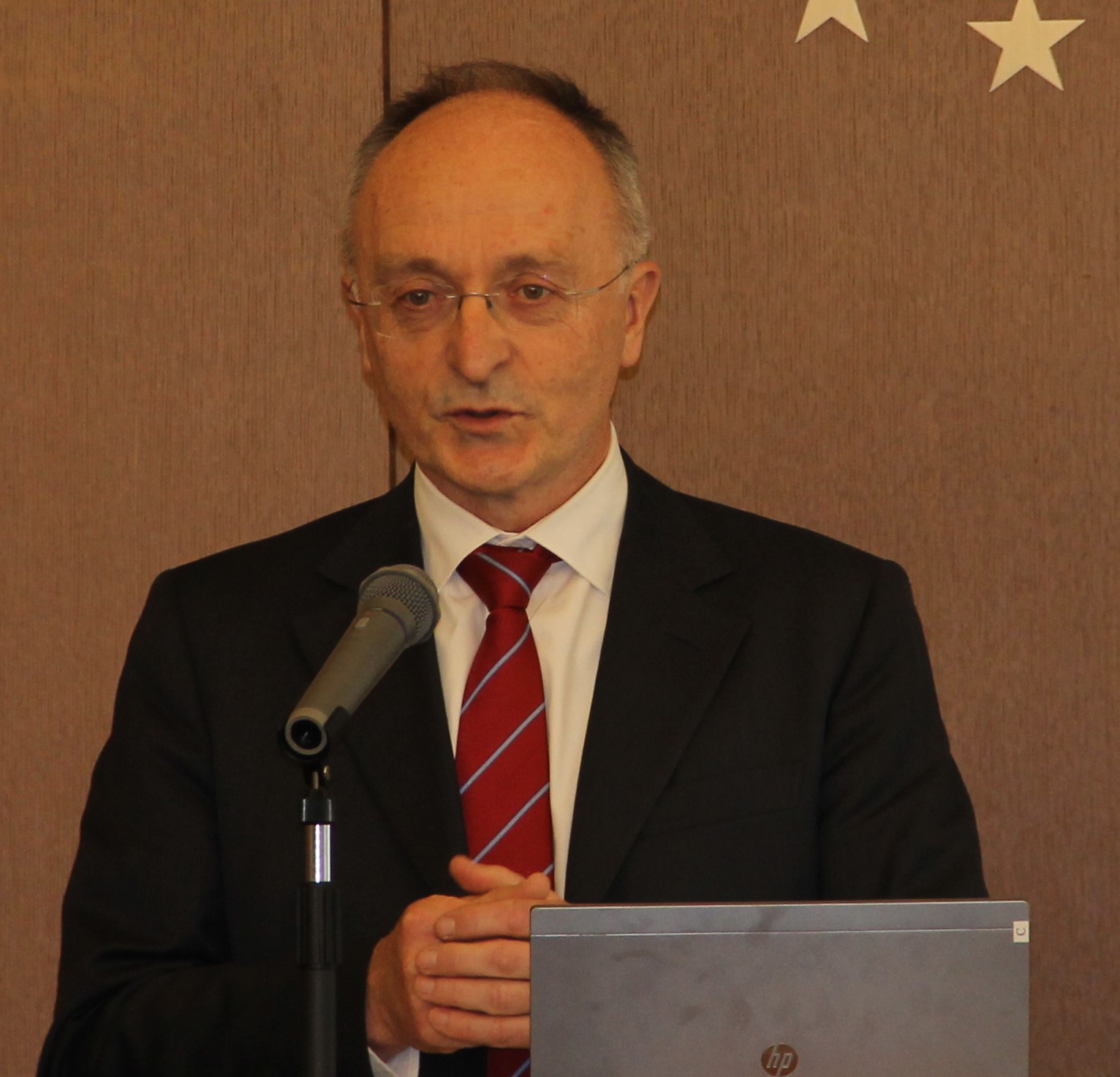
March 26th, 2018
Dr. Guy Gallic is also employed by Erdyn as coordinator of the ICARe contract with the European Commission.
Q1: In 2014-2015 ACARE tasked a specific group "ACARE INCO" (International Cooperation) to address International Cooperation in the field of aviation. In a nutshell, which are the long term objectives of this group?
In March 2011, a new European Vision, "Flightpath 2050" for aviation, maintaining global leadership and serving society's needs, was released by ACARE.
In response to this Vision, a new Strategic Research and Innovation Agenda (SRIA) was elaborated by ACARE in 2012; it consists of strategic roadmaps for aviation research, development and innovation and contains a list of technologies that Europe should master.
In 2014-2015, ACARE tasked a specific group "ACARE INCO" (INternational COoperation) to address International Cooperation in the field of Aviation. The international cooperation contributes to the achievement of the ACARE SRIA by spreading the European vision: the goals relative to passenger comfort, the greening, the security and safety aspects of aviation could be shared with the rest of the world; international cooperation will provide also the advantage of sharing costs and risks in the development of new technologies.
This group has performed a preliminary assessment of the interest of Europe to cooperate, in the domain of research and technologies for aviation, with 21 countries: Australia, Brazil, Canada, China, India, Indonesia, Israel*, Japan, Malaysia, Mexico, Qatar, Russia, Serbia*, Singapore, South Africa, South Korea, Switzerland*, Turkey*, Ukraine*, United Arab Emirates and the USA (*: associated countries).
This preliminary assessment will be reviewed and refined in the frame of the ICARe (International Cooperation in Aviation Research) CSA which has been awarded by the European Commission end of 2017 for a duration of 2.5 year.
This multiannual contract with the European Commission has the goal to provide recommendations for future International Collaboration in R&T for aviation. The members of the consortium are mostly ACARE representatives.
Q2: International Cooperation in the filed of aviation, although can contribute to the competitiveness of Europe in the field, suffers also from a number of gaps and barriers. How does ACARE INCO faces this difficult, yet very interesting, road of cooperation?
There are different reasons for international cooperation such as:
-��� access to technologies, knowledge and skills,
-��� access to funding and markets,
-��� standardization and interoperability,
International cooperation may also be seen as a support to political or diplomatic aspects.
Anyway, some barriers and gaps can exist, such as:
-��� Political instability and cultural issues,
-��� Differences in the certification processes and standards,
-��� IPR (intellectual property rights) and export-control aspects.
IPR are considered in the frame of a contract, but how much are we sure that they are respected?
The role of ACARE INCO, and now of ICARe, is to identify possible barriers and gaps for each country and propose, if possible, solutions to overcome them.
The decision to cooperate is still based on the assessment "benefits versus costs".
Q3: European Academia is one of the stakeholders of the aviation sector. How does ACARE INCO involves and exploits the academia in its activities?
Coming back to the answer to the 1st question, Academia is an important member of AVIATION, important member of ACARE and, as such, member of the ACARE INCO group and of the the ICARe consortium.
The European Academia participates to the technology screening in the perimeter of countries which are considered, to the elaboration of lessons learned and recommendations for future International Collaboration in R&T for aviation, therefore it is amongst the most valuable stakeholders of ACARE INCO, and ACARE at large.